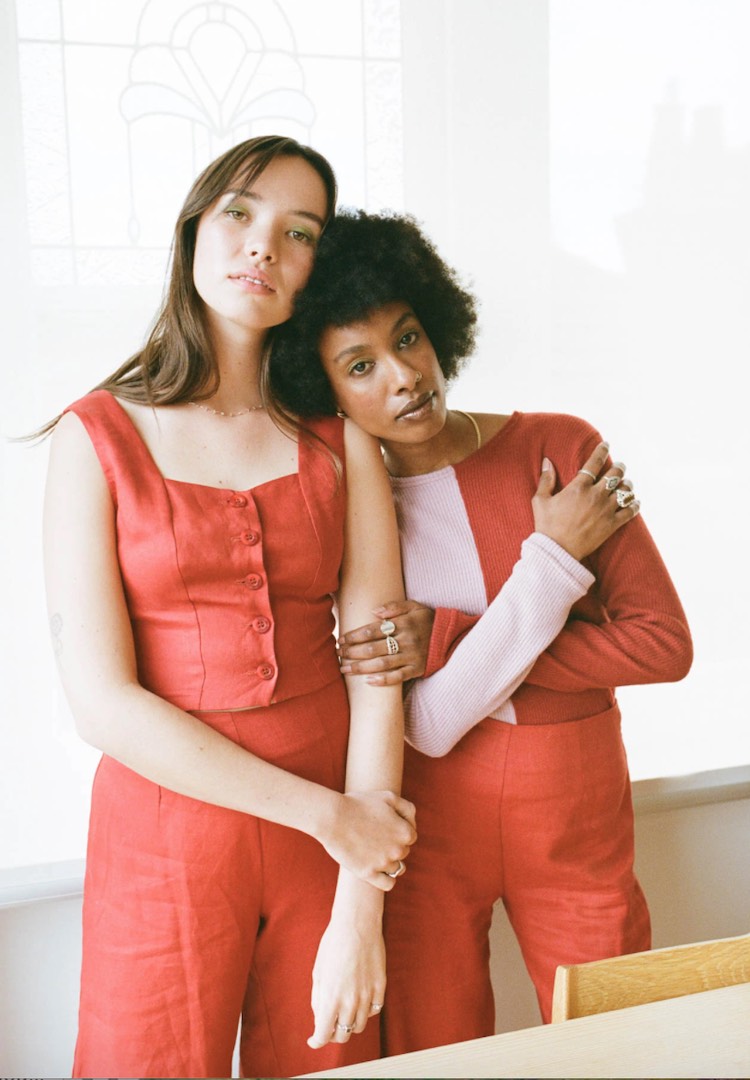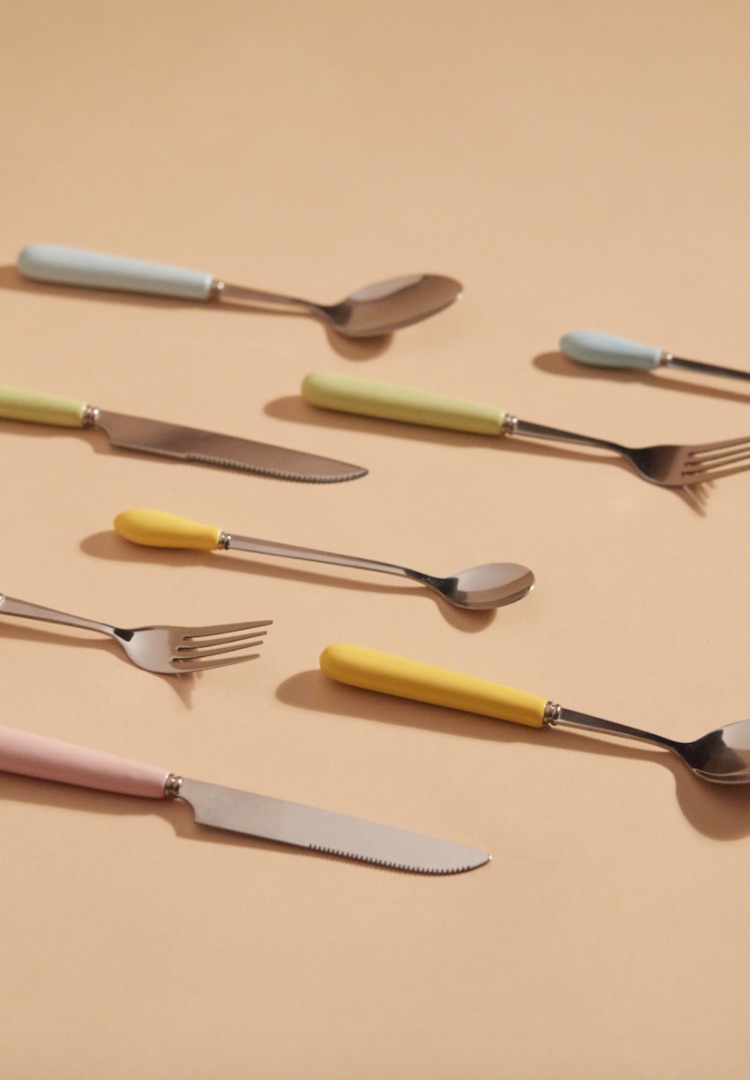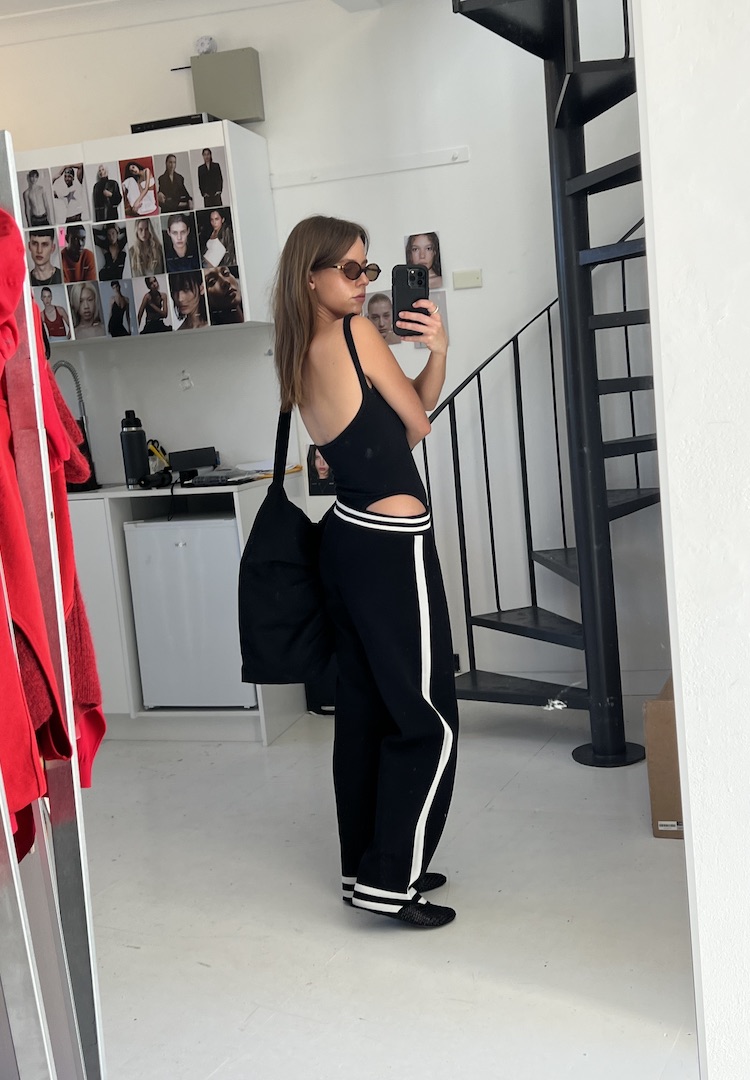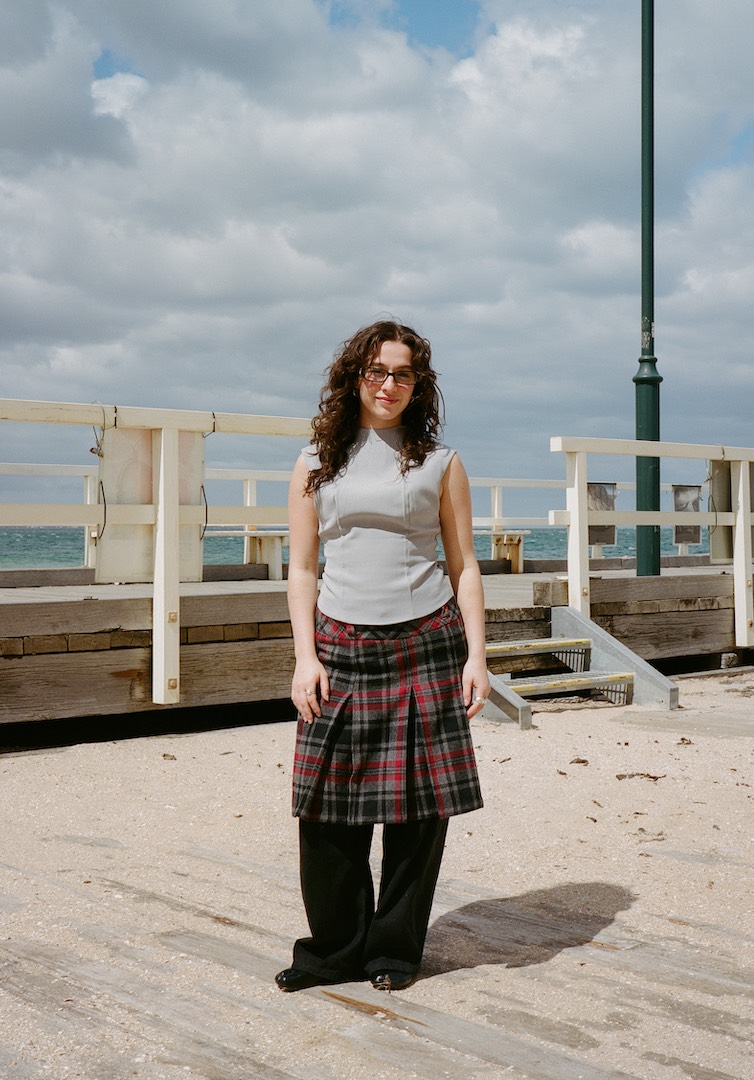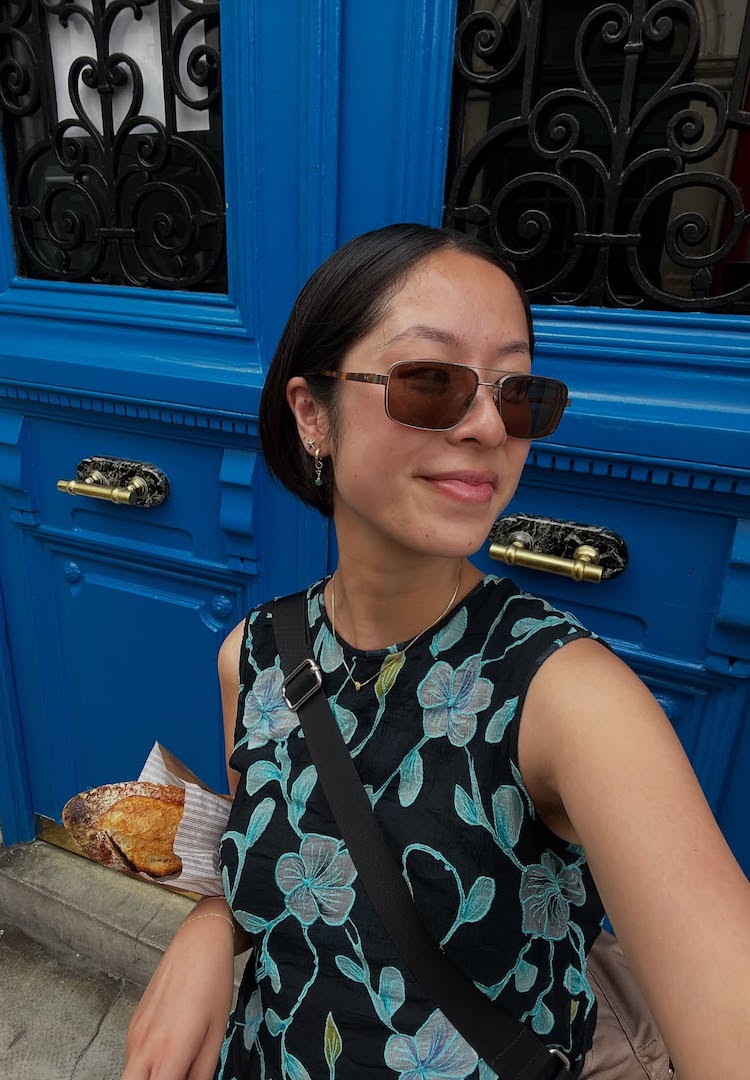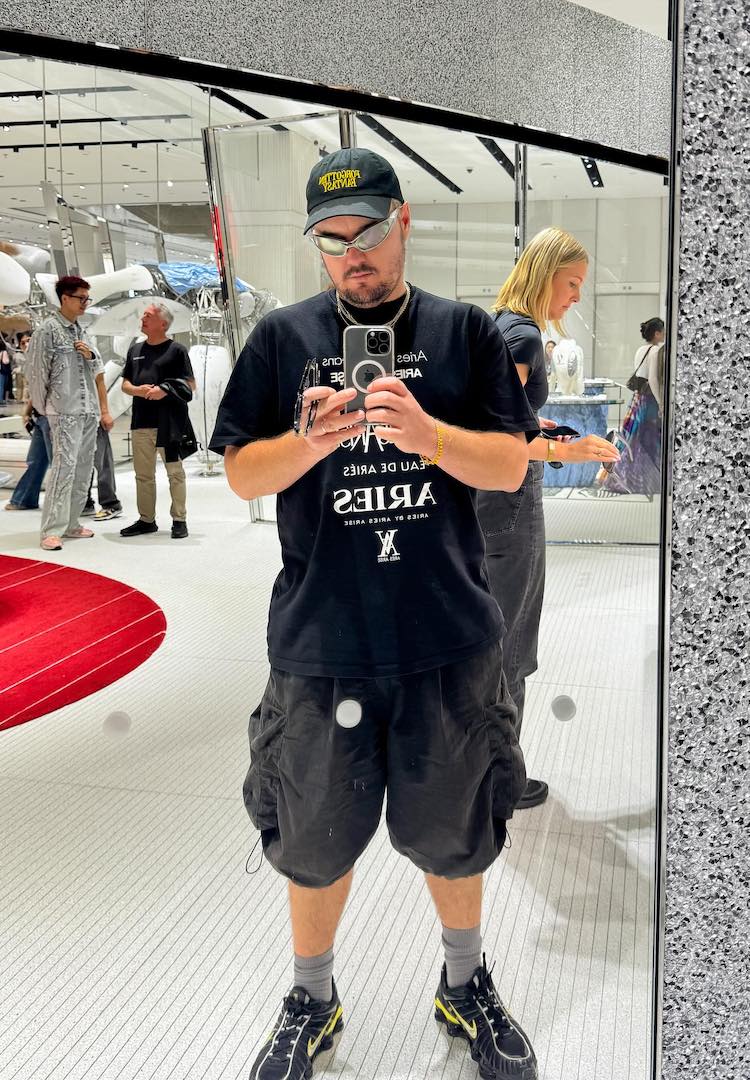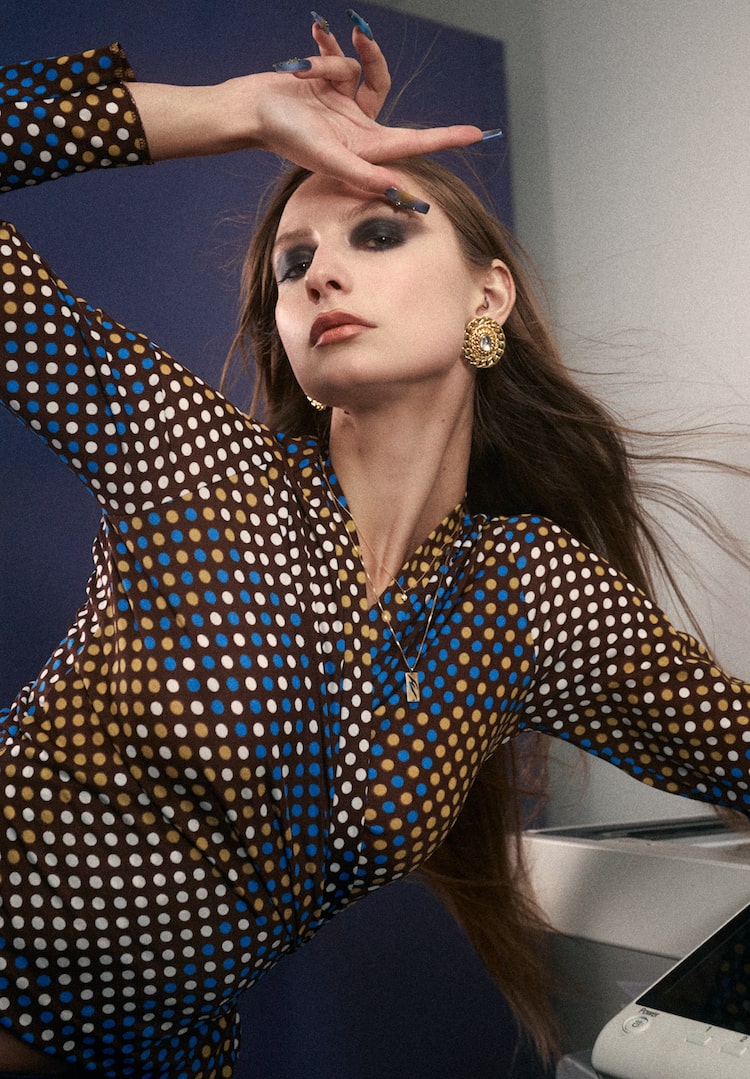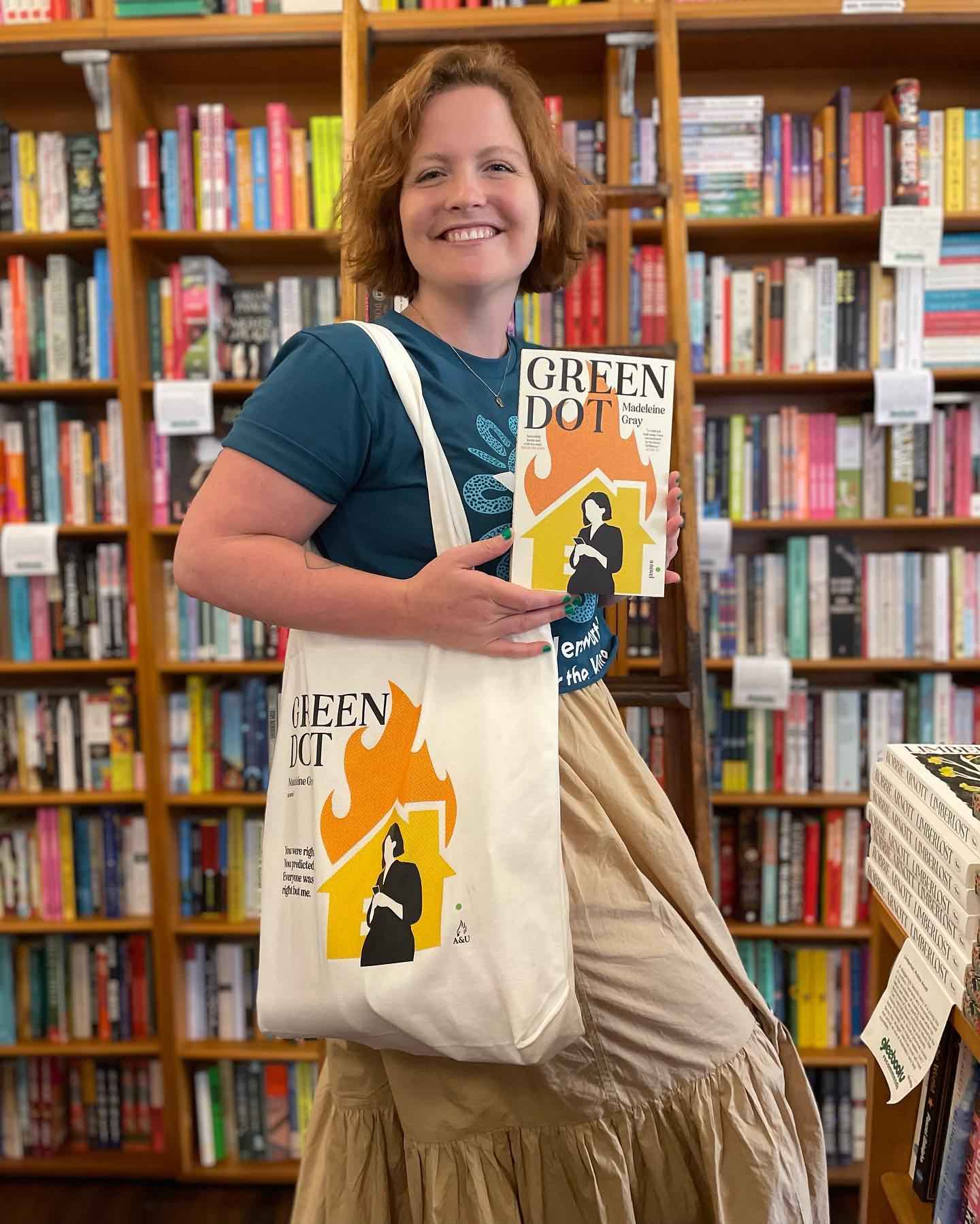I asked 6 writers how they stop comparing their work to others’
WORDS BY JASMINE WALLIS
“Especially because of social media, I feel like we are pitted against each other.”
This week I got some bad news. After applying for my dream writer’s role, I got the brutal ‘We went with another candidate’ email. As a journalist, I never realised the competitiveness would be so hard to deal with.
Being a writer can be so tied to your identity that any achievement makes you feel like a better, more successful person, while any setback feels like a self-confidence-shattering blow to the chest. Writing isn’t just about your skillset or telling a story. It’s about ripping yourself open and putting words on a page to (hopefully) bring comfort, knowledge or curiosity to others.
Ready for a job in the creative industry? Visit our Careers page.
I mean, just look at me. Right now I’m sharing one of my lowest points of 2021 so far with you while my bedside table is still covered in ‘you got rejected’ tissues. It’s personal, it’s vulnerable and in a small industry where jobs are few and far between, it makes you compare yourself to your writing peers constantly. To quell the pain of my dream job rejection, I rallied up a handful of writers I admire to ask how on earth they stop comparing their work to others.
Ruby Staley, freelance writer and FJ Contributor
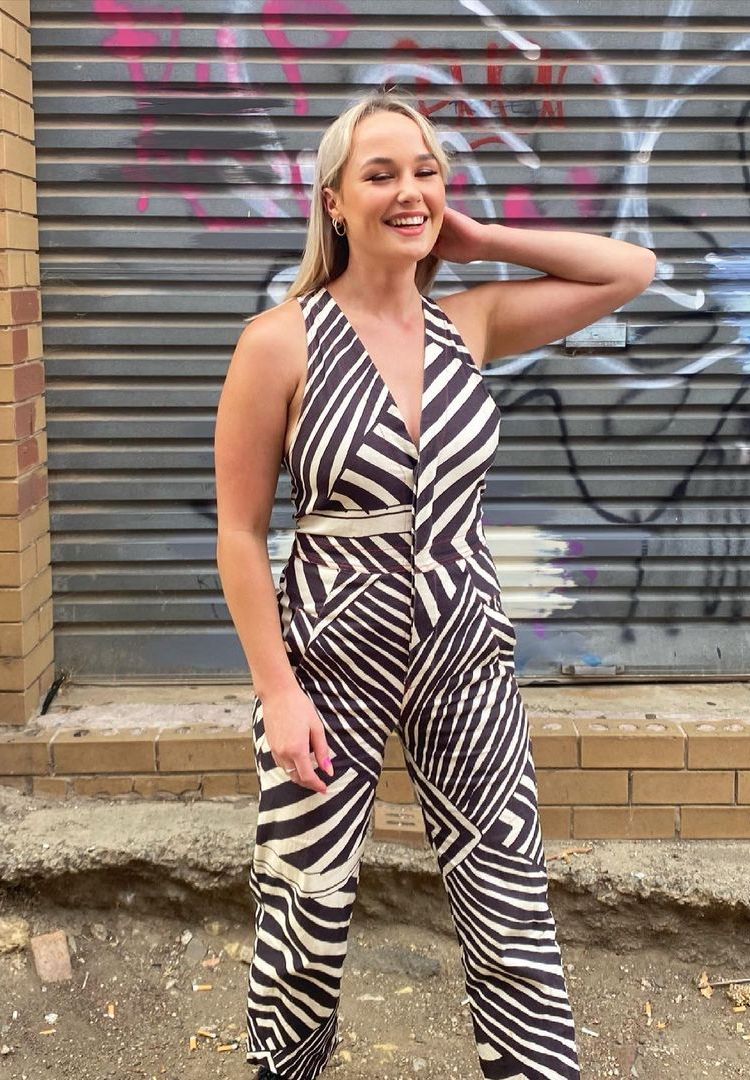
How did you get started in the writing industry?
Probably when my friend Christina and I started [our online publication] A-Zine and I started interning for Fashion Journal during the final years of my degree. I always wanted to be a writer but once I started actually working in the field, I realised just how much I loved it. From there, I’ve been trying to push myself towards any opportunities, no matter how uncomfortable they may be.
Do you compare yourself to other writers? If so, how do you stop?
If anyone says they don’t, I’m sorry but they’re lying. It’s pretty much impossible to not automatically compare yourself to other writers and, especially because of social media, I feel like we are pitted against each other in a sense. Although there’s obviously ugly and toxic downsides to comparison, I find I work best when I’m under a bit of pressure and my competitiveness kicks in, so it can actually come in handy.
What’s your number one piece of advice for other writers out there?
Support other writers in your circle! This has been the biggest thing for me and, when done right, it usually goes both ways.
Julian Rizzo-Smith, writer at Pedestrian TV
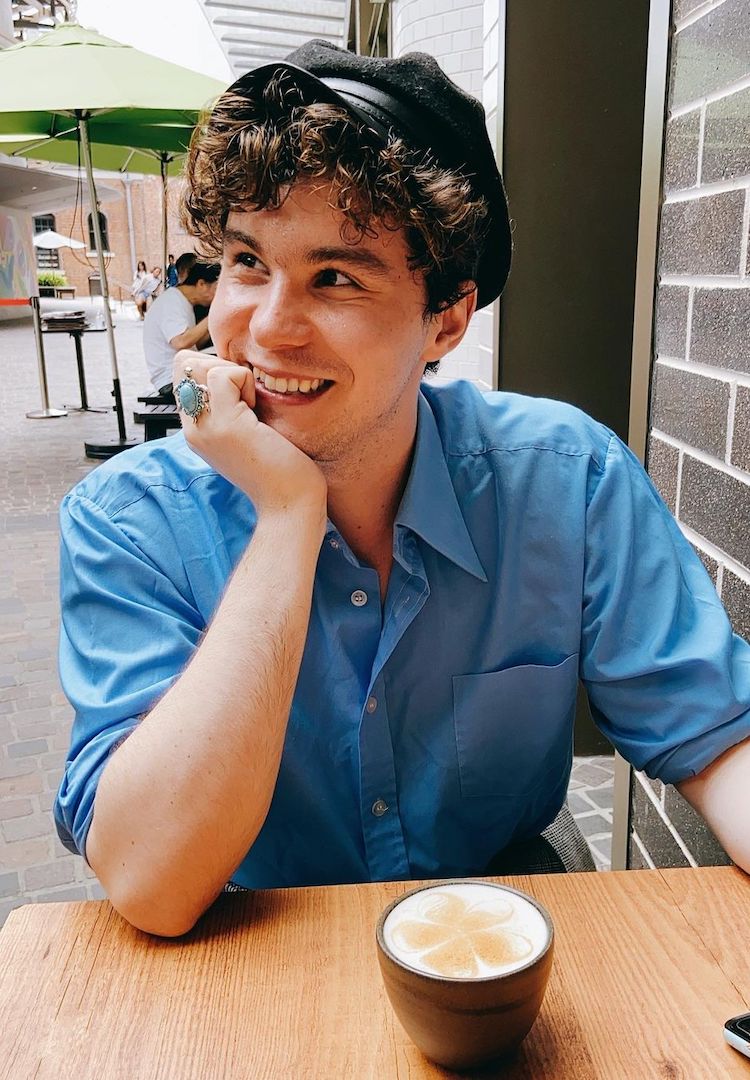
How did you get started in the writing industry?
I first wanted to work in the video game media industry after falling in love with the ABC’s Good Game. I had a blog writing random reviews and news stories before I started contributing for places like Press Start Australia and interning at Next Media, and hustled my way into freelancing for Junkee, SBS PopAsia, IGN and more.
Do you compare yourself to other writers? If so, how do you stop?
All the time! It can be so easy to compare yourself to people the same age as you (or younger) for achieving things in their career, whether that’s having their own successful podcast, a full-time position at your ideal workplace or your dream interview. As a great editor of mine, Rae Johnston, once told me, “The only person you can compare yourself to is your past self”. Sure, you can turn to your peers and mentors for advice, but nobody else has had the same life trajectory or experience as you, so why should you base your success on theirs?
What’s your number one piece of advice for other writers out there?
Diversify your writing. Make sure that you can cover all sorts of topics. Not only does it give you the range to grow your freelance portfolio but it also makes you more hireable.
Monisha Rudhran, fashion writer at Elle and Marie Claire
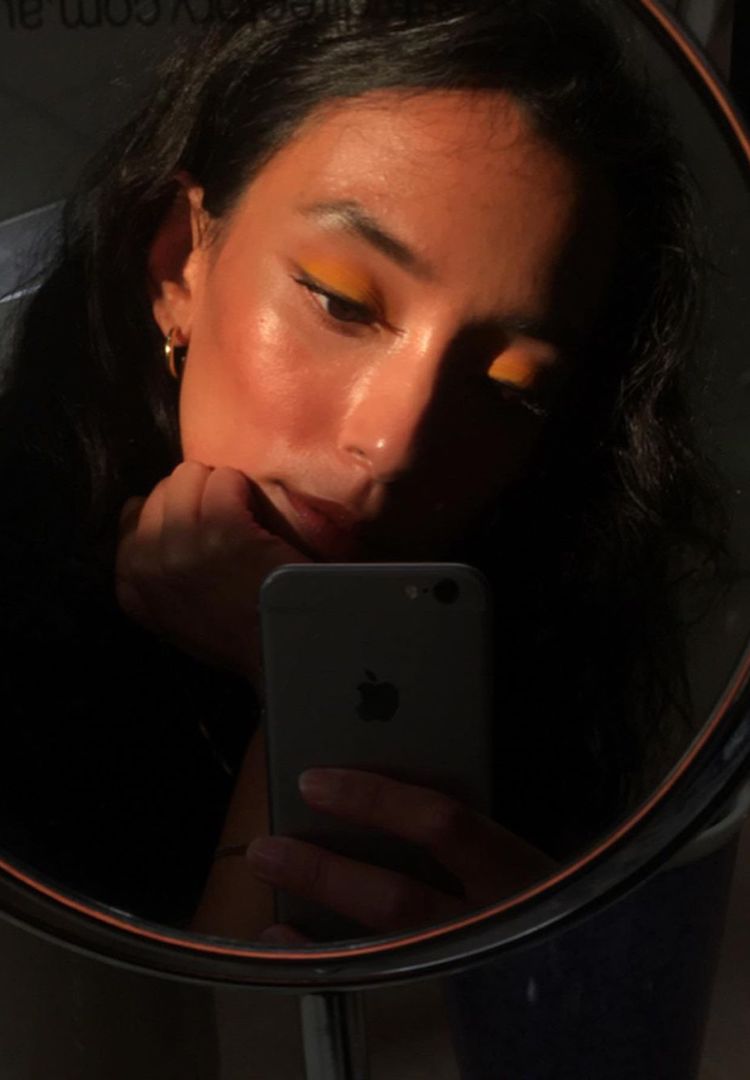
How did you get started in the writing industry?
My start in writing was quite haphazard! During my early jobs in book publishing and youth media, I began pitching to different external publications and also to the editors at the company I worked at. Initially, this was without much rhyme or reason and mostly when I was emotionally spurred on enough (the first thing I ever had published was about penalty rates being cut). From there, I started freelancing and after a period of doing that in-house at Bauer Media (now Are Media), I became a full-time member of the digital editorial team. The jumps between ‘a little something’ to ‘oh this is my job now?’ felt quick and for that, I feel lucky.
Do you compare yourself to other writers? If so, how do you stop?
Comparison feels like an inevitable, unwanted compulsion that most people deal with even when actively trying to shut it down. When I can, I try and spin it into feeling gratified that there are so many people doing fantastic work and that they’re hopefully reaching and helping whoever needs it. Shifting that scarcity mindset, slowly.
What’s your number one piece of advice for other writers out there?
I would probably say try to keep your sense of self/identity/worth separate from your writing. Creative professions in general seem to really blur those boundaries, when, to be very blunt, it’s mostly just labour. Trying to think of writing as a thing I do, as opposed to who I am, feels healthier and more sustainable, to me at least.
Grace McKinnon-Leyton, reporter at Melbourne City News

How did you get started in the writing industry?
My first experience of writing was finding a love of music journalism and interviewing while studying at university. One of my lecturers suggested that I try my hand at news writing because I loved staying up to date on local issues. I became addicted to the excitement of breaking a story and haven’t looked back. I took up internships at NT News, SBS radio, Channel 7, and worked as a student correspondent in Nepal before starting work as an editorial assistant and breaking news reporter at the Herald Sun. Currently, I write for The Melbourne City News, a new digital masthead.
Do you compare yourself to other writers? If so, how do you stop?
I compare my writing to experienced journalists every day but it’s not always a bad thing. Reading the work of others, both in and out of your organisation, helps to develop your own story construction and sources. Having worked in print is an incredible opportunity to have your name, and work, on the page next to your literary icons.
What’s your number one piece of advice for other writers out there?
If you’re writing in collaboration with an editor ask them why they move quotes, change adjectives or rewrite the headline. The knowledge they have comes with years of practice – pick their brain!
Genevieve Phelan, freelance writer and FJ contributor
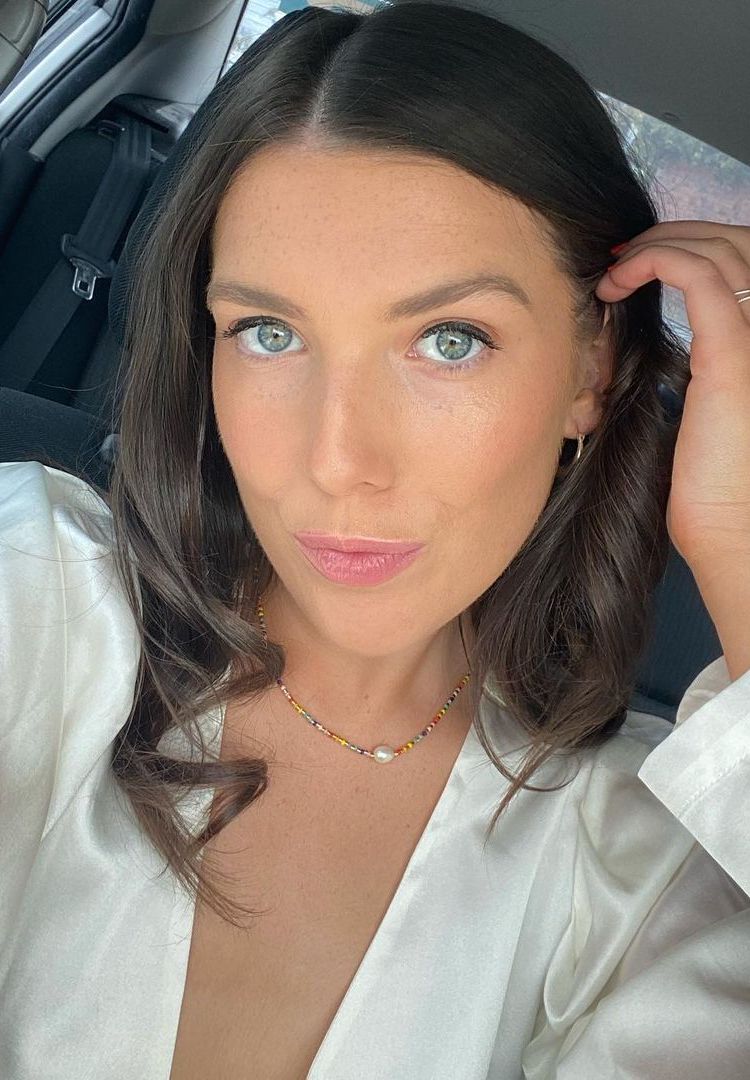
How did you get started in the writing industry?
I interned around, from Urban List Melbourne to Stellar Magazine at News Corp and Broadsheet’s most short-lived stint ever (totalling three weeks). Events were the gateway. That’s where I met people, got familiar with who’s who, and built a small folio of post-event write-ups. From there, I worked in copywriting across a few agencies. Somewhere in between a few PR roles, I wrote a column for Beat Magazine’s Eats vertical, and eventually sent off my first ever pitch to FJ. I wrote MANY pieces pro-bono for years [for other publications] before money came into it.
Do you compare yourself to other writers? If so, how do you stop?
I’ve learned it’s futile (and unhealthy) to envy other people’s talent. Writing is only special and interesting because every voice is inimitable. It’s your very own and that’s worth celebrating. So when someone DMs you for an editor’s email addy to help them nab a first-ever byline, jealousy shouldn’t come into play. You’ve made a friend and you’ve made someone’s day. That’s what happened when fellow FJ writer Sunny Chisholm reached out during lockdown, and her stuff is now one of my biggest joys to read.
What’s your number one piece of advice for other writers out there?
Make friends in the industry. Get coffees with editors/writers you admire and be real with them. Reach out. Gently harass. And put relationships first, because who you know is everything. A connection made today could be a job opportunity in a year’s time.
Rachael Akhidenor, freelance writer and FJ Contributor
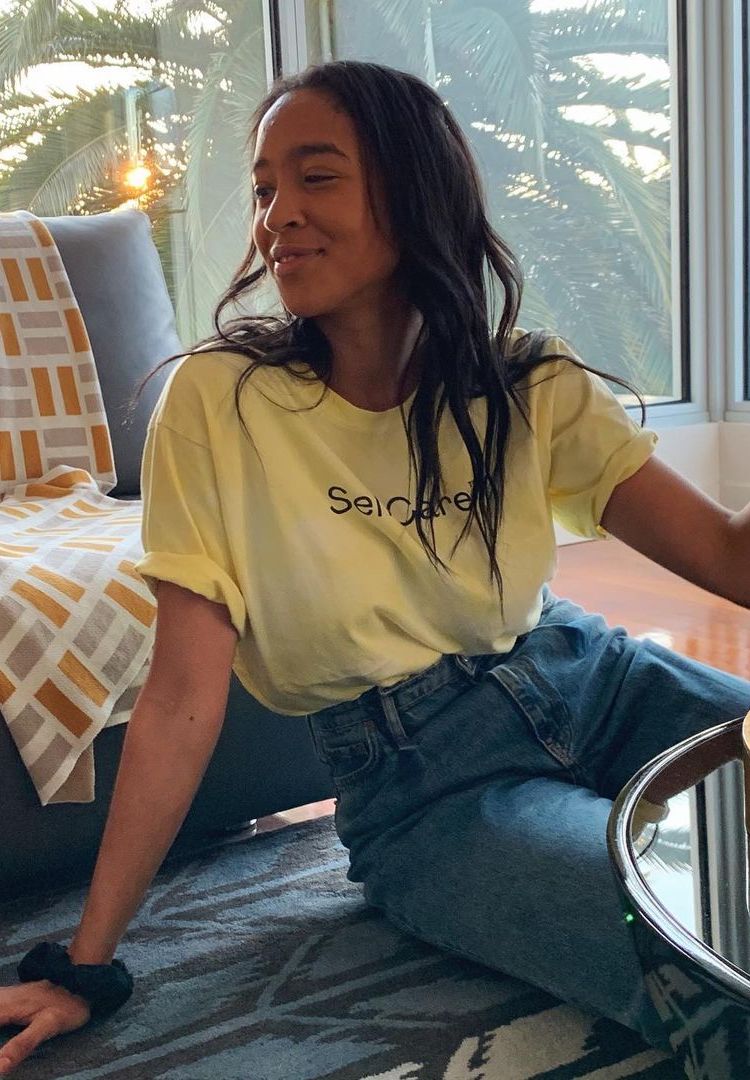
How did you get started in the writing industry?
I never set out to make writing part of my career. I would diarise daily and had a love of language. I found it to be the easiest medium for me to express myself. It wasn’t until I was 19 that I learnt about copywriting and began to explore what that could look like. I interned at a copywriting agency and fell in love with the work.
Do you compare yourself to other writers? If so, how do you stop?
I find I’m more inspired by other writers, as opposed to demoralised by them. I believe everyone has their own unique and original form of expression and it’s that that makes a great writer. And yet, at the same time, writing is simply a skill. Skills are developed with practice and time. You may be comparing yourself to a writer who’s five, ten, or twenty years more practiced than you. Over time, you’ll get better. Go back and read some of your old work. You’ll see what I mean.
What’s your number one piece of advice for other writers out there?
You don’t need to be published or to have had clients to be a writer. You are a writer because you write. It’s as simple as that.
Looking for more advice on breaking into the creative industry? Head here.

